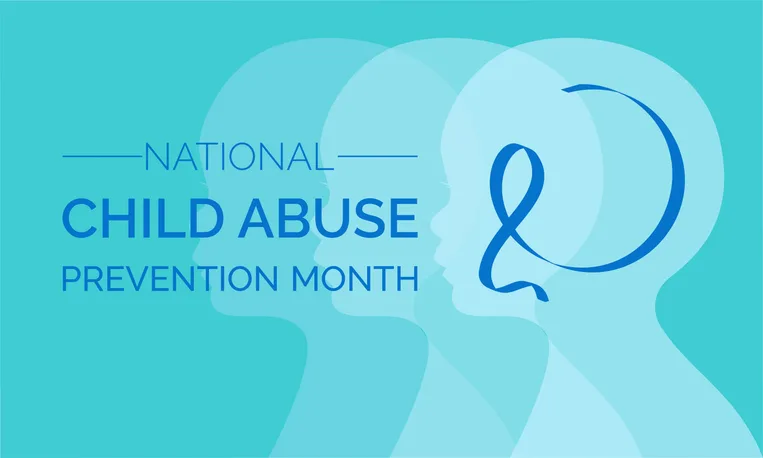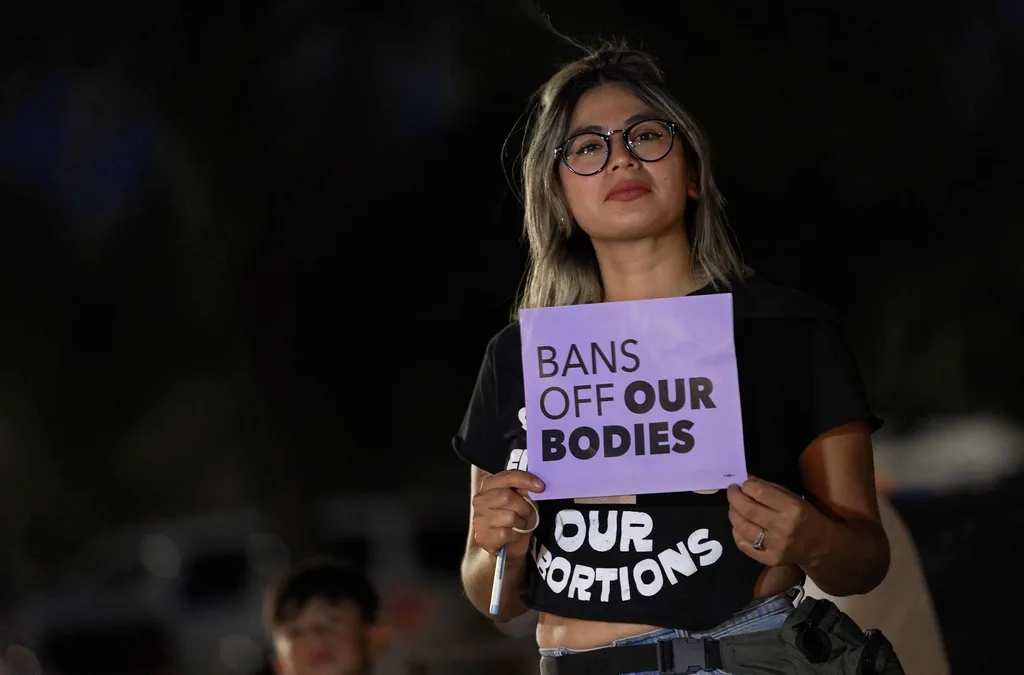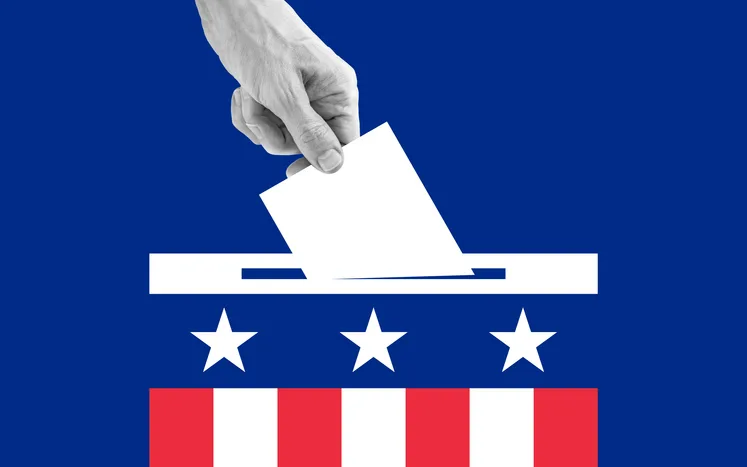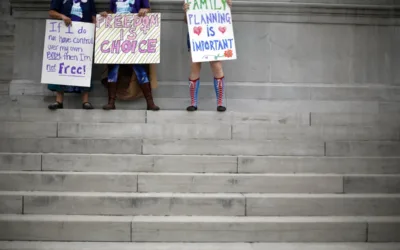
Credit: Getty Images/Dimitri Otis
Most Americans are familiar with the Health Insurance Portability and Accountability Act (HIPAA) and our right to medical privacy. Do individuals under 18 years old have that same right?
Arizona Republican lawmakers who put forth House Bill 2183 say “no.” They assert that the right to control children’s behavior supersedes teenagers’ right to make certain decisions about their own bodies.
Preserving privacy
HIPAA states that parents do not explicitly have the right to minors’ healthcare information when a minor can consent to the care themselves. There are specific healthcare issues—like contraception, sexually transmitted infection (STI) testing, and emergency care—that children can receive without parental consent.
The American Academy of Pediatrics, the American College of Obstetricians and Gynecologists, the American Academy of Family Physicians, the Society for Adolescent Health and Medicine, and the American Medical Association all support privacy for such issues. Current Arizona law affirms these rights over and over and over again—and similar, but variable statutes exist in all 50 states. Notably, minors cannot receive medical or surgical abortion without parental consent in Arizona.
Removing privacy creates barriers
Parental participation in their children’s care is encouraged by healthcare providers when appropriate, but at times parental influence can dissuade or outright prohibit children from getting appropriate medical care. In 2001, the American Medical Association conducted a study of pediatric patients ages 15 to 24, and found that 92% of patients agreed to STI testing if their parents would not be notified of the results. That number decreased to 35% with parental notification.
In a recent pediatric survey by the Journal of Adolescent Health of adolescents in Texas, where prescription of contraception without parental consent is prohibited, many sexually active girls aged 15 to 17 years old faced barriers to obtaining effective birth control due to parental disapproval or misconceptions.
Arizona’s anti-privacy push
To better understand how HB2183 came to be, it is helpful to review Arizona’s history with such legislation. This house bill is a direct expansion of the “Parental Bill of Rights” passed in 2010, which enshrines parents’ right to “direct the upbringing of the minor child” in realms of education, religion, and healthcare, as well as protect parents’ ability reject consent for various uses of minors’ information by the state.
In 2022, House Bill 2161 was passed to expand on this bill, but legislators were not able to approve the same language that is now featured in HB2183 for fear of violating federal law (i.e. HIPAA).
HB2183 states that parents have “the right to request, access and review all written and electronic medical records of the minor child unless otherwise prohibited by law” “for services not requiring parental consent, including those described in sections 36-2271 [surgical procedures], 36-2272 [mental health care], 44-133 [consent by non-parental adults] and 44-133.01 [consent exception for intoxicated minors].”
The health risk of consent requirements
With decreased access to abortion care in Arizona, contraception is essential to decrease the risk of unintended pregnancy in teens. Additionally, accessible STI testing is necessary to combat the skyrocketing rates of syphilis – which has led Arizona to have the third-highest rate of congenital syphilis (a deadly disease for infants) in the country in 2023 [3].
This bill not only violates minors’ right to medical privacy and goes against numerous medical organizations’ recommendations, but will worsen an ongoing public health crisis.
Arizona Republicans promote HB2183 as a bill that champions parental rights, but the poorly-veiled intention of the bill is to undermine minors’ freedom to seek healthcare for sexual healthcare. This bill passed the Arizona House of Representatives on February 5, 2024. I encourage Katie Hobbs, Arizona’s current governor, to not sign this bill if it crosses her desk.

Opinion: Strategies for Child Abuse Prevention
11 ways you can be an ally in the fight against child abuse. April is Child Abuse Prevention Month. In the United States, it is estimated that a...

Opinion: Don’t think Arizona abortion bans are harming women? Think again.
This is part TWO in a series on the increase in violence against women since the US Supreme Court overturned Roe v. Wade, and the future of abortion...

Opinion: Defending the Freedoms of all Americans, Not Just a Political Party
At the heart of American democracy is the basic right to vote. This treasured privilege has been earned through struggle and is the very foundation...

OPINION: How embracing diversity, equity, and inclusion is a business imperative
In today’s rapidly evolving global landscape, the imperative for businesses to embrace Diversity, Equity, and Inclusion (DEI) is a strategic...




